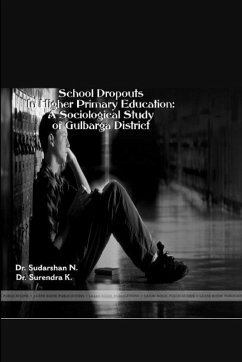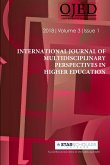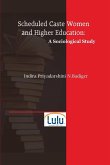At the time of independence in 1947, India inherited an educational system which was not only quantitatively small but was also characterized by striking regional, ethical and structural imbalances. Only very small population was literate and a child out of three had been enrolled in primary school. The levels of enrolment and extent of literacy were compounded by acute regional and gender disparities. Recognizing that education is being vitall component in a personality development process, the reform and restructuring of the educational system was needed as an important area of state intervention. Accordingly universal education for all children in the age group 6-14 was provided with a precisely defined and delineated frame work in the Indian constitution as well as in successive five year plans.
Hinweis: Dieser Artikel kann nur an eine deutsche Lieferadresse ausgeliefert werden.
Hinweis: Dieser Artikel kann nur an eine deutsche Lieferadresse ausgeliefert werden.








